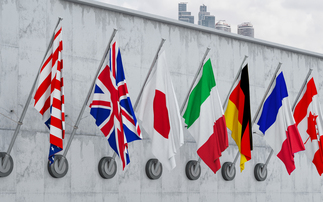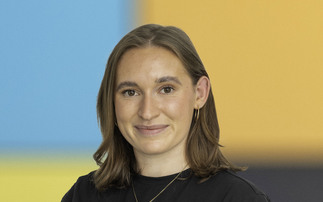UK companies are acting as a drag on an otherwise buoyant global dividend outlook, according to Hendersons' Global Dividend Index.
UK equity income investors should brace themselves for a $20bn drop in dividends next year, the report forecast.
In contrast, the index reported a record third quarter for global dividends and predicted 12.6% growth in 2015.
A gloomier outlook for the UK is due to the changing business model of Vodafone, which is now a smaller company after disposing of Verizon Wireless and is unlikely to repeat its 2014 special dividend.
The telecoms company was also responsible for sluggish growth in UK dividends in the third quarter, according to the report. The $34.6bn total was up just 1.8% year-on-year. Without a $1.3bn gain from the strong pound, the total would have fallen by 2%.
The report stated: "The main factor was a reduced final dividend in total cash terms from Vodafone, which is now a smaller company since disposing of Verizon Wireless and returning capital to shareholders. It is historically the UK’s largest payer in the third quarter."
The forecast comes after Standard Life's Thomas Moore suggested investors will look back on 2014 as being especially rich for special dividends.
In contrast to the modest prospects for UK dividend growth, Henderson reported global dividends reached $288.1bn in Q3 2014, a record for that quarter.
It expects the world's top 1,200 listed firms to pay out dividends worth $1.19trn in 2014, up 12.6% on a headline basis and 9.6% in underlying growth. For 2015, it predicts headline growth of 4.2% in 2015, with underlying growth of 7.2%.
Underlying global growth for the third quarter was 9.7% year-on-year. The US remained "the main engine" of dividend growth, with headline growth of 11.4% and underlying growth of 10.8%. Europe, emerging markets and Asia Pacific excluding Japan all achieved double-digit dividend increases on an underlying basis.
Financials were the largest sector for dividend growth in the quarter, with firms paying out $70.3bn or a quarter of the global total.













